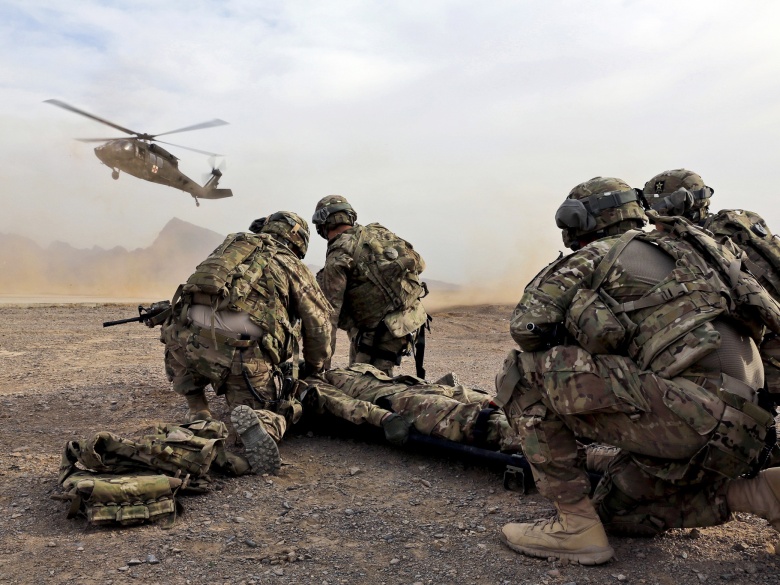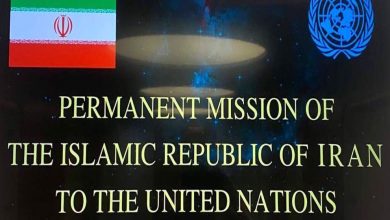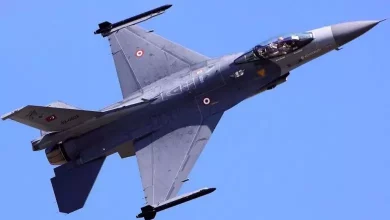Airstrikes against Yemen could drag US into ‘another quagmire’


The US military’s promise to retaliate for a missile attack that barely missed American warships in the Red Sea off the coast of Yemen could drag the country into “another quagmire” after Afghanistan and Iraq, an analyst says.
Michael Maloof made the remarks in an interview with Press TV on Wednesday, while commenting on remarks by Captain Jeff Davis, a Pentagon spokesman who said on Tuesday that the US was busy designing a counterstrike following the Sunday attack.
According to the Pentagon, the USS Mason, a guided-missile destroyer, and the USS Ponce, an amphibious warfare ship, were targeted in a failed missile attack from the Yemeni territory, but neither of the two missiles hit the warships.
“We want very much to get to the bottom of what happened,” said Davis. “We’re going to find out who did this and we will take action accordingly.”
According to Maloof, retaliation could be considered as a normal response as the US ships were in international waters. However, he noted, they were engaged in a naval blockade in support of the Saudi aggressors, which makes the Yemenis’ attack “fair game, and understandable.”
Following the attack, the US military is specifically looking into “counterstrike, [or] retaliatory strike,” as put by Davis.
The Washington-based analyst argued that retaliation could “raise the ante” for the US, “heighten tensions,” and create more hostility against the country.
More than 10,000 people have died since the Saudi kingdom launched its campaign to crush Yemen’s Houthi Ansarullah movement and their allies and reinstate the resigned president, Abd Rabbuh Mansur Hadi, a staunch ally of Riyadh.
“The United States should never have been involved in the Yemeni crisis,” as it did for “political reasons,” Maloof said.
White House National Security Council spokesman Ned Price said on Saturday that the US support for the monarchy is not “a blank check.”



